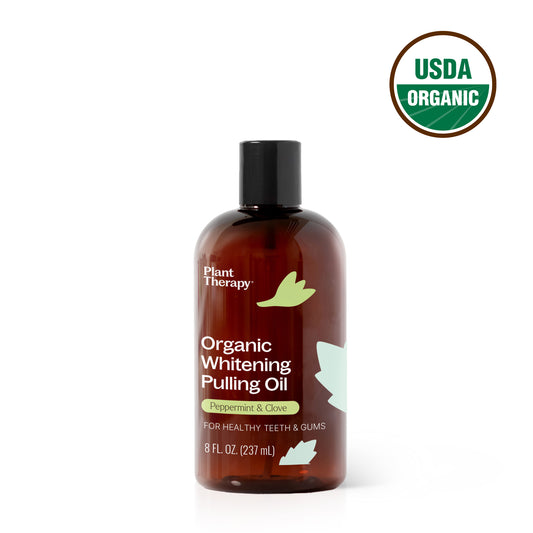How to Use
Begin with pulling for 2-5 minutes, then try to work up to 20! The longer you do it, the more effective the results will be.
Make sure to always spit the oil into your trash - NOT the sink. Oil and plumbing systems don’t get along, and repeatedly spitting oil down the drain may damage your sewer lines and septic system.
Once the oil is out of your mouth, do a quick rinse with water and brush and floss as usual. And voilà! A beautiful smile. For best results, use once daily in the morning.
































